2024 PKU International Visualization Summer School
The 15th PKU International Visualization Summer School will be held from July 1-17, 2024.
Course introduction
The summer school invites well-known scholars at home and abroad with profound knowledge in the field of visualization research to systematically discuss the frontier theories and research methods in this field. The course focuses on the application and development of visualization in cross-cutting areas, and invites renowned experts to give lectures. The summer school welcomes students and scholars from visualization-related majors, design majors and other application fields to apply for the course, which is taught in English and Chinese. Formal students will attend offline, participate in team course design, attend ChinaVis 2023 in Chongqing and report team course design results during the conference. Audit student will attend lectures online.
Course form
The course is a combination of online and offline (on-campus at Peking University)
Organized by
School of Intelligence Science and Technology, Peking University
Key Laboratory of Machine Perception (Ministry of Education)
National Engineering Laboratory for Big Data Analysis and Application
Target
The summer school focuses on enrolling master's students, doctoral students, young teachers in related fields in major universities and research institutes in China, or enterprise personnel engaged in related research and development. A small number of outstanding senior undergraduates who have a strong interest in the field of visualization and are interested in applying for graduate studies at Peking University are also encouraged to attend (please specify the relevant information in your application). Students are divided into formal and audit students. No more than 80 formal students are planned to be enrolled, of which at least 1/5 will have a design background and 1/5 will have an application area background (including humanities/social science/science/engineering, etc., and will complete the course and the corresponding design requirements by attending offline classes). The course design will be assigned to be completed jointly by students with computer background and application field and design background. Those who pass the assessment of completing the course design will receive a certificate of completion of the summer school issued by the Graduate School of Peking University. Audit students are also recruited. After completing the course questionnaire and the corresponding tasks through online listening, they will be listed on this website to prove their participation in the course.
Enrollment Method
The selection of students is based on a free application and merit-based approach.
Letters of recommendation from a mentor or supervisor are required to enroll as a
former student. The application materials will be reviewed by the expert committee
to decide the admission list. Students with master's or doctoral degrees and young
faculty members from universities and research institutes in China in related
fields, as well as those engaged in R&D in enterprises, are eligible to apply. The
summer school also encourages a small number of outstanding senior undergraduates
who have a strong interest in the field of visualization and are interested in
applying for graduate studies at Peking University to attend the program. Please
indicate the relevant information in your application.
Among the formal students, students enrolled in Peking University are free of charge; off-campus formal students are divided into enrolled students and non-students for tuition fee (the exact amount to be determined by notice and part of the tuition fee is waived for students who have registered for ChinaVis 2023); audit students will not be charged tuition for listening to lectures online.
Registration for students: http://www.chinavis.org/s24/register/index_en.html
For registration, please fill in the required information on the page
for submitting application materials. After registration, please ask the recommender(s) (two persons for formal application
and one person for audit application) to send the
recommendation letter to pkuvis@pku.edu.cn to complete the application. Applicants who have been
approved by the expert committee will be notified. If the information is incomplete or the
recommendation letters are not received, the application is invalid.
The deadline for summer school registration is June 25th. The
admission notice will be sent to the applicant's registered mailbox in batches.
| Online Section | |||
|---|---|---|---|
| Date | Time | Speaker | Content |
| July 1 | Formal student grouping | ||
| July 2 | 09:00-09:10 | Opening Ceremony | |
| 09:10-10:40 | Wei Ping Chen Central Academy of Fine Arts |
Introduction to Information Design: Graphic Design and Data Visualization | |
| July 5 | 09:00-10:30 | Fan Xiang Tsinghua University |
"Tracing, Seeing the Inside of the World" |
| July 8 | 09:00-10:30 | Rui Ge Xu Syracuse University |
The Intersection of Art and Data: Exploring Artistic Data Visualization |
| July 9 | 09:00-10:30 | Yi Fang Wang Northwestern University |
Visualization and Data Intelligence in the Digital Humanities Era: Examples of Quantitative History and Aesthetic Appreciation |
| 10:30-12:00 | Xiao Jiao Chen Zhejiang University |
Text Data Visualization: "Book of Songs" in Painting and Music | |
| July 10 | 09:00-10:30 | Jing Chen Nanjing University |
Applications of Digital Humanities Research in Exhibitions |
| Onsite Section | |||
|---|---|---|---|
| Date | Time | Speaker | Content |
| July 12 | 09:00-10:30 | Xiao Ru Yuan Peking University |
Analysis of Visualization Methods |
| 10:30-12:00 | Yu Zhang Huawei |
Data Annotation in Digital Humanities | |
| 14:00-15:30 | Wei Ping Chen Central Academy of Fine Arts |
Visualization Case Analysis and Design Thinking | |
| July 13-14 | (Concurrent CSIG Humanities Visualization Workshop) | ||
| July 15 | 09:00-10:30 | Si Ming Chen Fudan University |
Data Visualization: The Integration of Science, Technology, and Art |
| 10:30-12:00 | Yun Hai Wang Renmin University of China |
Big Data Visualization with Human-Machine Collaborative Optimization | |
| 14:00-17:00 | How to Conduct Interdisciplinary Visualization Collaboration (Reports, Panel) | ||
| July 16 | 09:00-10:30 | Wen Liang Tsinghua University |
Poetic Restatement: Drawing-Spatial Research Using Phenomenology |
| July 17 | Formal Student Group Design Reports | ||
TBD
 Xiaoru Yuan
Xiaoru Yuan
Speaker Introduction: Xiaoru Yuan is a professor at the School of Electronics Engineering and Computer Science, Peking University, a PhD supervisor, deputy director of Key Laboratory of Machine Perception (Ministry of Education), and executive deputy director of National Engineering Laboratory for Big Data Analysis and Application. At the beginning of 2008, he established the Visualization and Visual Analytics Laboratory at Peking University. His research directions include complex field data visualization, high-dimensional/spatial-temporal data visualization, traffic and social data analysis and rapid construction methods of visualization. The work of high dynamic range visualization won the Best Application Paper Award in IEEE VIS 2005. Since 2013, he has guided the laboratory team to win 7 prizes in the IEEE VAST challenge. He has served dozens of times as a member of the IEEE VIS, EuroVis, IEEE PacificVis and other international visualization conference procedure committee. He was the papers co-chair for IEEE VIS 2017 (SciVis), and he involved in creating ChinaVis. He is director of the China Computer Federation, distinguished member, distinguished speaker. He is member of Big Data Committee, menber of Human-Computer Interaction Standing Committee and member of Computer Aided Design and Graphics Committee of China Computer Federation. He is the director of China Society of Image and Graphics, director of Visualization and Visual Analysis Committee.
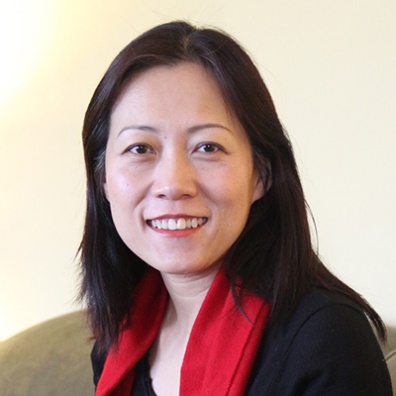 Rebecca Ruige Xu
Rebecca Ruige Xu
Speaker Introduction: Rebecca Ruige Xu is a professor of computer art at Syracuse University. Her research interests include artistic data visualization, visual music, experimental animation, interactive installations and virtual reality. Her work has been exhibited in IEEE VIS Arts Program, SIGGRAPH & SIGGRAPH Asia Art Gallery; ISEA; Ars Electronica and many other venues. Xu served on the Media Arts Advisory Panel for the U.S. National Endowment for the Arts. She is the co-founder of ChinaVis Arts Program (China VISAP) and has been chairing China VISAP since 2017. Xu was the co-chair of 2019, 2020 PacificVis Visual Storytelling Contest, and currently serves as the Exhibition Chair of IEEE Vis Arts Program.
 Eduard Gröller
Eduard Gröller
Speaker Introduction: Eduard Gröller, Professor at the Center for Visual Computing and Human-Computer Interaction at the Vienna University of Technology, leads its computer graphics research department. He is the principal investigator of the VRVis Research Center. The center focuses on applied research in visualization, rendering and visual analytics. He is also an Adjunct Professor at the Department of Computer Science, University of Bergen, Norway. He was elected Fellow of the Eurographics Association in 2009, received the Eurographics Outstanding Technical Contribution Award in 2015 and the IEEE VGTC Technical Achievement Award in 2019.
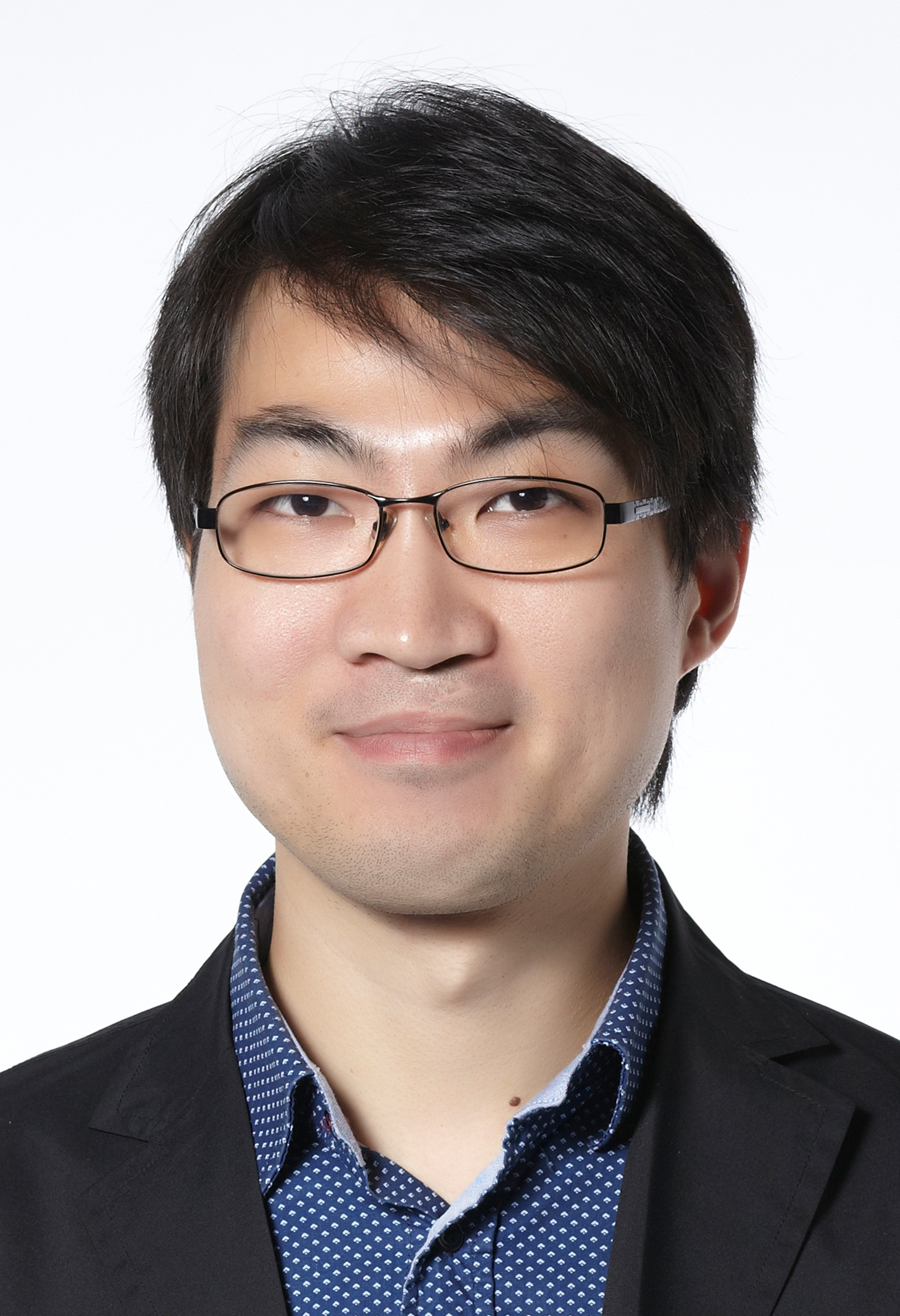 Weiping Chen
Weiping Chen
Speaker Introduction: Dr. Weiping Chen is an associate Professor of Central Academy of Fine Arts, he is master Supervisor, Vice President of Hong Kong Beijing University Alumni Alliance, Member of International Human-Computer Interaction Committee, Professional Member of Color Education of China Popular Color Association. He is mainly responsible for interaction design, information design, and open source programming. He was the Art Director of Olympic Art Research Center of Central Academy of Fine Arts. He has participated in design projects such as Beijing 2008 Olympic Games poster design, Torch Relay landscape design, core graphic design, image and landscape development design, Shenzhen 2011 World University Games color system design, China Art Museum website, Kassel Documenta interactive system, and Central Academy of Fine Arts Art ArtHub.
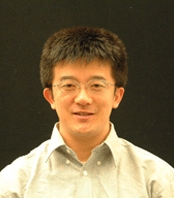 Xiaolong Zhang
Xiaolong Zhang
Speaker Introduction: Dr. Xiaolong Zhang is an associate professor at the College of Information Sciences and Technology, Pennsylvania State University, University Park. His research interests include information visualization, visual analytics, gesture-based user interaction, social network analysis, and collaboration system design. Dr. Zhang is a member of the Special Interest Group (SIG) of Visualization and Visual Analytics, China Society of Image and Graphics, and a member of the Human-Computer Interaction SIG, China Computer Federation. He obtained his bachelor’s and master’s degree from Tsinghua University, China, and his Ph.D. from the University of Michigan, Ann Arbor.
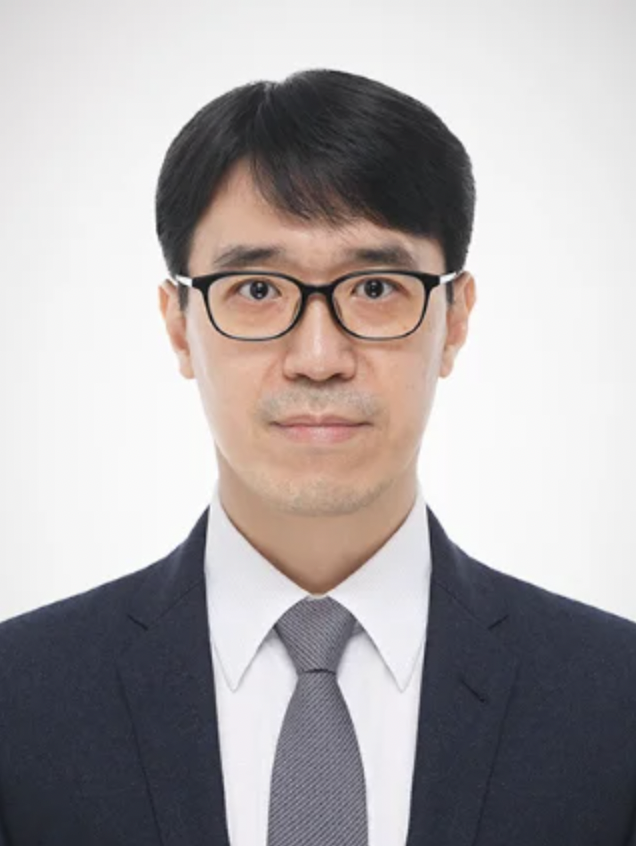 Yun Jang
Yun Jang
Speaker Introduction:
Yun Jang is a professor of computer engineering at Sejong University, Seoul, South Korea. He received a bachelor’s degree in electrical engineering from Seoul National University, South Korea, in 2000 and master's and doctoral degrees in electrical and computer engineering from Purdue University in 2002 and 2007, respectively. He was a postdoctoral researcher at CSCS and ETH Zürich, Switzerland, from 2007 to 2011. His research interests include interactive visualization, volume rendering, visual analytics, VR, and data analytics.
 Edward Tufte
Edward Tufte
Speaker Introduction: Edward Rolf Tufte, sometimes known as "ET", is an American statistician and professor emeritus of political science, statistics, and computer science at Yale University. He is noted for his writings on information design and as a pioneer in the field of data visualization.
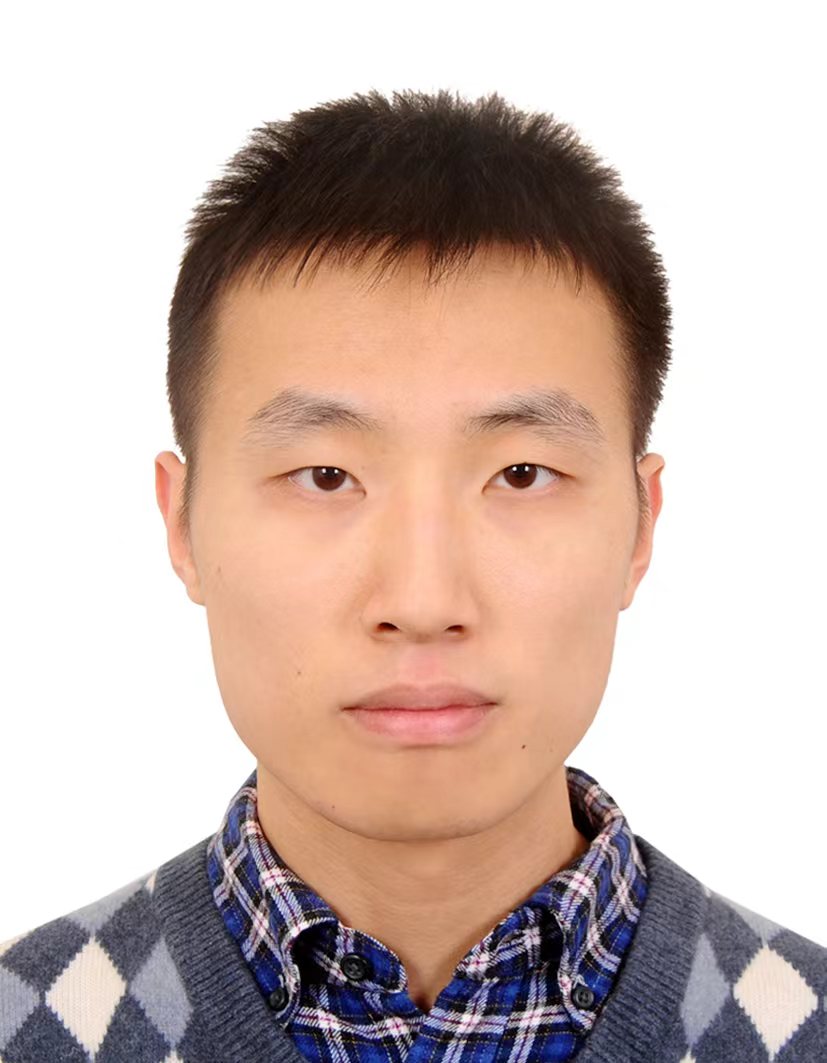 Yu Zhang
Yu Zhang
Speaker Introduction: Yu Zhang is a researcher at Huawei Infrastructure Software Innovation Lab (Huawei 2012 Lab). D. in Computer Science from the University of Oxford and his undergraduate degree in Intelligent Science and Technology from Peking University. He works in the field of human-computer interaction and visualization. His main research interests are interactive machine learning and digital humanities, and his related papers have been published in ACM CHI, ACM TIIS, IEEE TVCG and other conferences and journals.
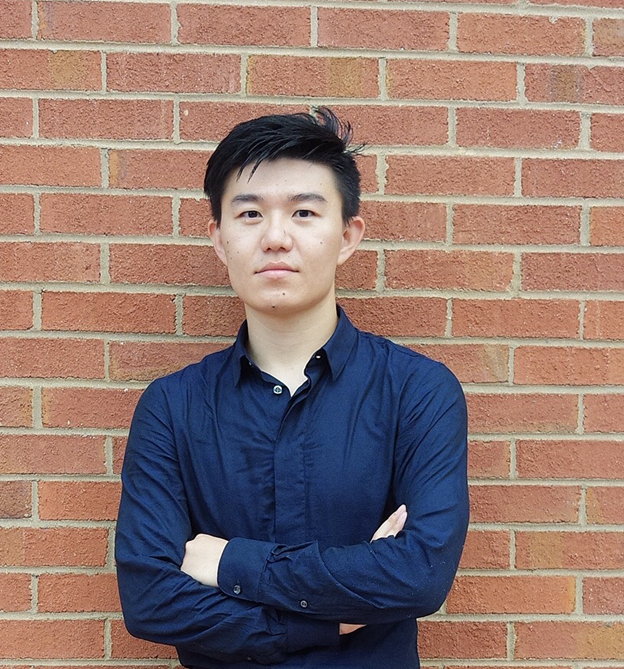 Le Liu
Le Liu
讲者简介 : Le Liu is an Associate Professor in the School of Computer Science and the National Engineering Laboratory of Big Data Application Technology for Air, Space and Sea Integration at Northwestern Polytechnical University. He graduated from Clemson University with a Ph.D. He was a postdoctoral researcher at University of Miami and University of Nebraska - Lincoln, and a visiting researcher at Texas A&M University. His research interests include data visualization, computer graphics, 3D stereo vision, and artificial intelligence.
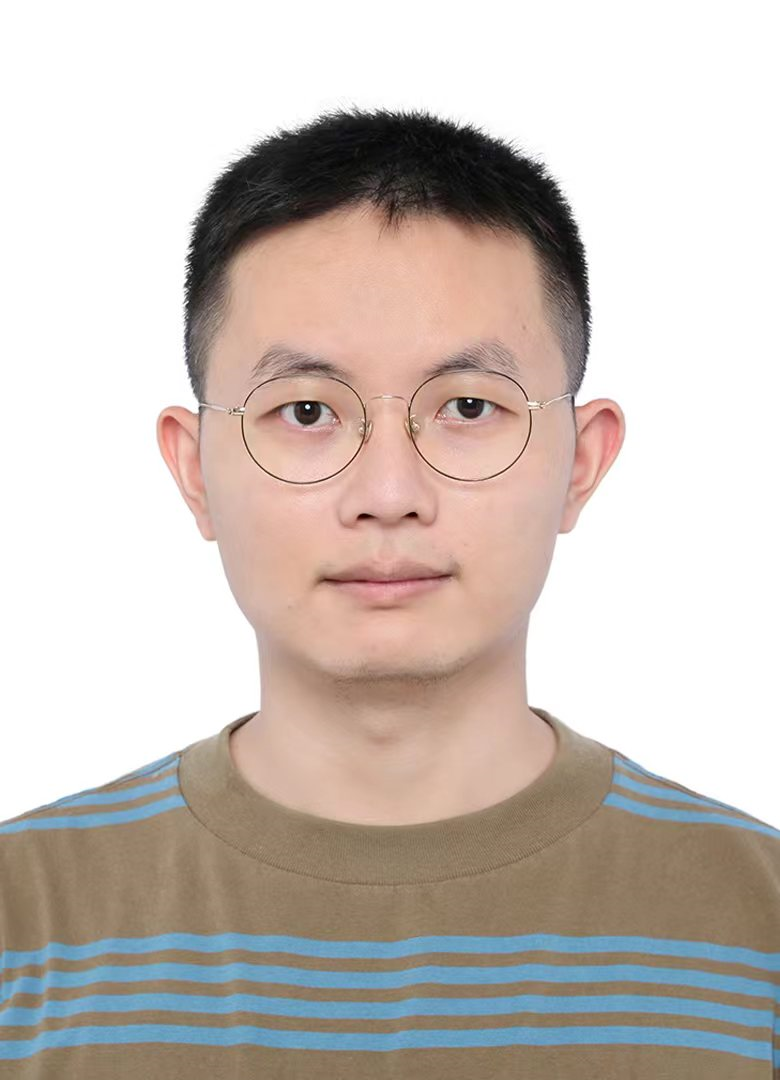 Can Liu
Can Liu
讲者简介 : Can Liu graduated from Peking University in 2023 with a Ph.D. He received his B.Sc. and B.E. from Peking University in 2018. His research interests are mainly in deep learning-driven visualization. He has published more than ten papers in visualization field journal conferences IEEE TVCG, ACM CHI, IEEE PacificVis, etc. He received the IEEE VIS Best Poster Nomination Award, IEEE PacificVis Best Poster Award and Nomination Award, ChinaVis Best Review Award and Best Paper Nomination Award.
If you have any questions related to summer school, please feel free to email pkuvis@pku.edu.cn for consultation